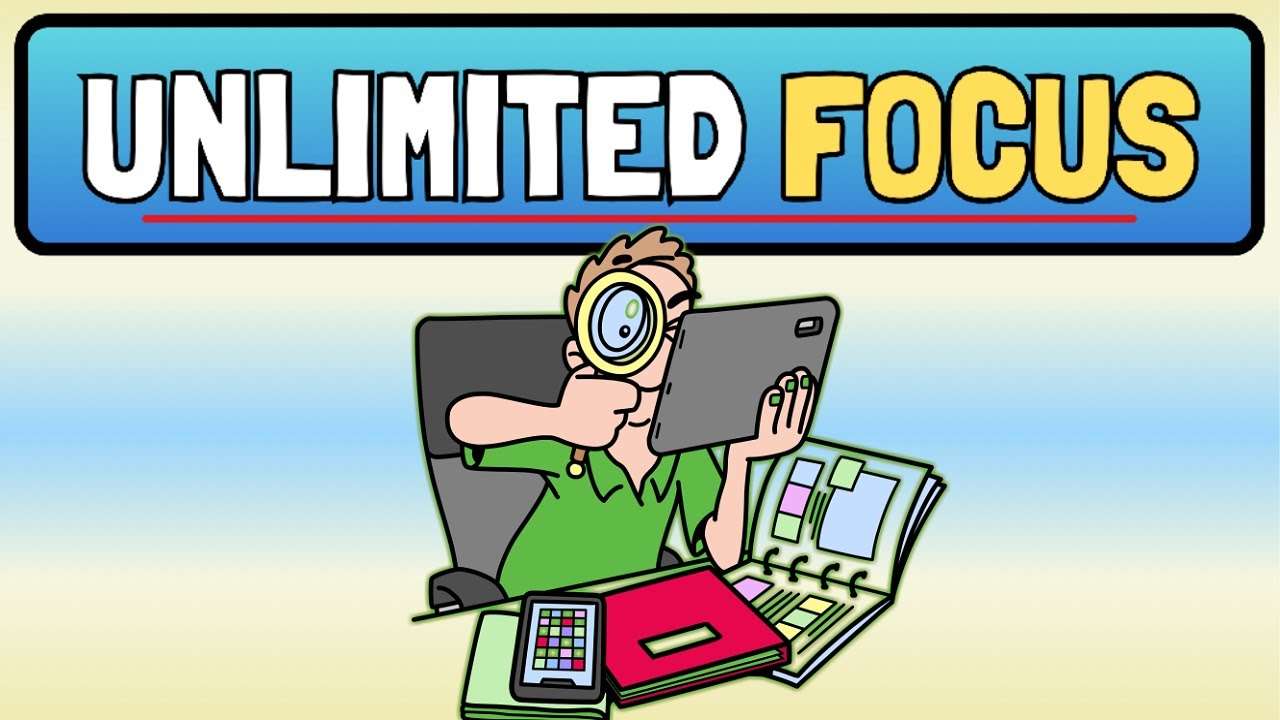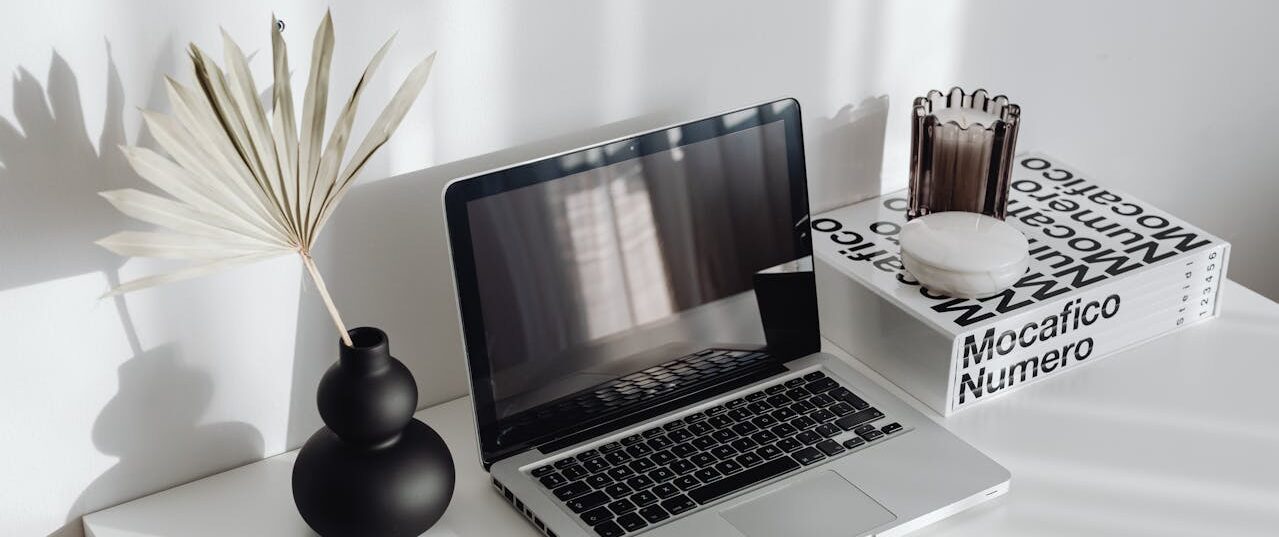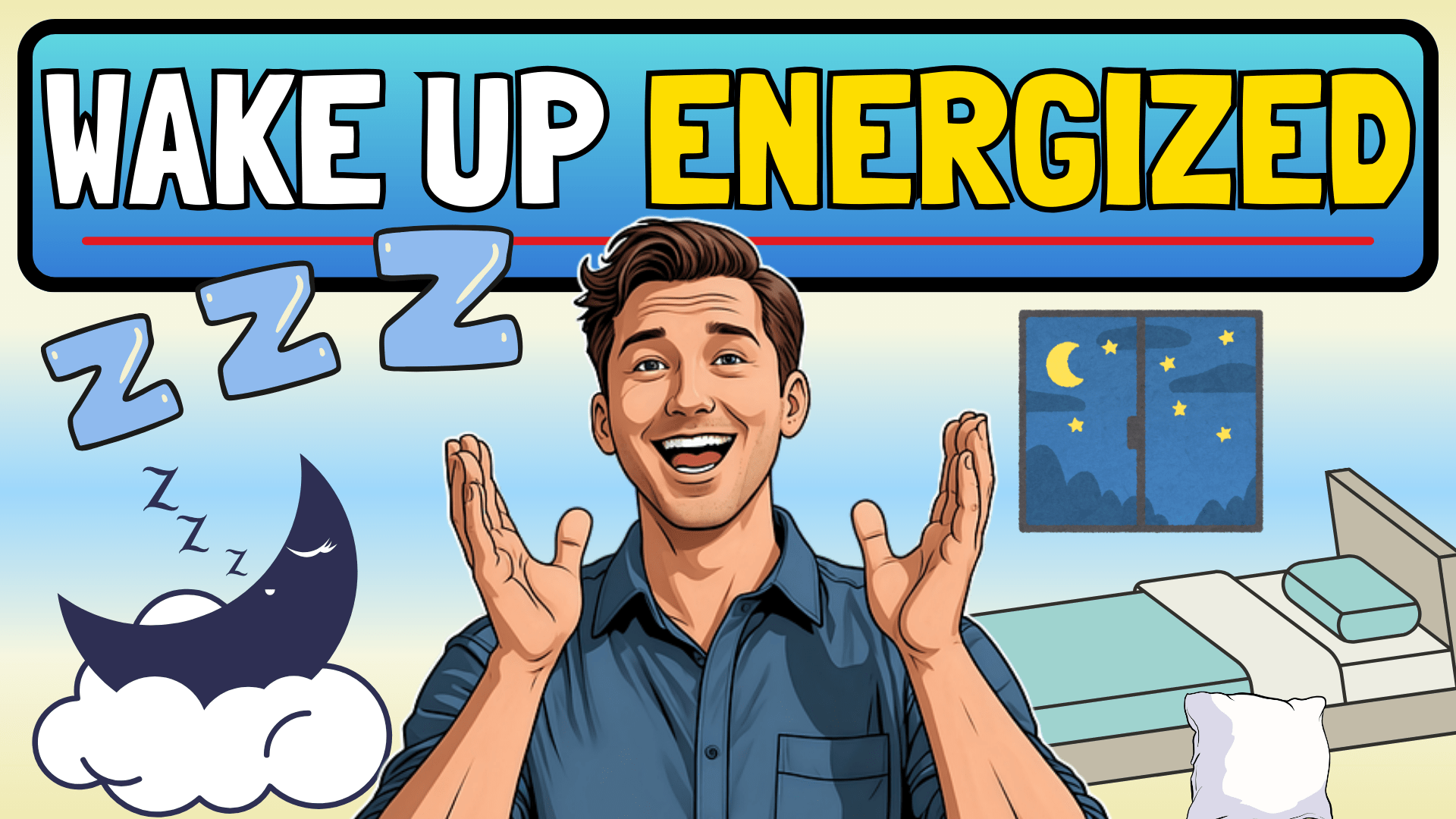Do you often find it difficult to focus because your mind feels blurry? Do you have days when thinking clearly seems nearly impossible? These may be signs of brain fog, a common issue that affects mental clarity.
While improving your nutrition, hydration, exercise, and general lifestyle will most certainly help, one key factor in battling brain fog is maintaining a balance between mental input and output. What you consume versus what you produce. Too much mental clutter without releasing or processing it can lead to brain fog.
To help you overcome this, here are 3 simple and actionable ways to clear your mind and regain focus.
Enjoy the silence
Method number 1 : Enjoy the silence.
Our brain fog often results from too much mental input that likely comes from noise and content such as TV, podcasts, YouTube videos, the news, and even music.
Have a think. Do you often feel the need to watch, or listen to, some form of media while you do any basic task at home or work? Do you bring your phone with you to the bathroom or your bed?
The silence sometimes feels unbearable. But it is essential . It’s great to listen to a podcast or listen to music while you clean your home, but too much of it, for too long, can hinder your capability to concentrate later on in the day.
Let’s take the morning for example. We all have our own lives, but whenever possible, it’s a good idea to be silent after you get out of bed. Give your mind time to wake up. Let the ideas be processed and flow out, instead of blocking them in. Your mind is always thinking and creating thoughts, maybe subconsciously, even through the night. To avoid a foggy brain early in the day, evacuate these thoughts.
Consuming information (input) without sufficient time to process or apply it (output) can overwhelm the brain.
We should also be careful with the quality of the information we are consuming . Does most of it add value to our lives? Sometimes, isn’t it better not to consume anything, rather than fill our heads with appealing negativity?
As Cal Newport wrote in his book “Digital Minimalism”:
“In an open marketplace for attention, darker emotions attract more eyeballs than positive and constructive thoughts.”
Next time, try to pay attention to how the content you are consuming makes you feel? Good? Inspired? Stressed?
Sometimes, being alone with our thoughts can be uncomfortable, but the silence allows us to clarify them.
Declutter your mind
Method number 2 : Declutter your mind.
The reason it is so important not to simply consume content is explained by the author S.J. Scott, who once wrote:
“We often feel like we don’t have time to declutter because we’re too busy consuming new stuff and information. But at some point, all this busyness is leading us to mental and emotional exhaustion.”
So, every day, aim to engage in activities that encourage you to generate results or outputs. This could be writing, discussing ideas, problem-solving, or practicing a skill . Output will help you process and reinforce what you’ve learned, reducing the mental clutter.
Producing something gives your mind an opportunity to release stored thoughts, ideas, or concerns. It allows you to approach new tasks with a clear mind. Like an ongoing process: the more you output, the more space you create for new ideas, learning, and insights .
But avoid multitasking. You should focus on one task at a time. Doing several things at once disperses your brain, which in turn limits your mental faculties, creates the same sense of fogginess and harms your ability to be creative. And when your mind is divided, you are more likely to make mistakes.
You could say that the brain should be used to create thoughts, not store them , so aim to clear some space in your head. As the Author Daniel J. Levitin once wrote in his book “The Organised Mind” :
“The most fundamental principle of the organized mind, the one most critical to keeping us from forgetting or losing things, is to shift the burden of organizing from our brains to the external world.”
Our brain is often filled with information we need to remember. Therefore, take the habit of writing down your upcoming events in a calendar and create Todo lists . One great trick is to keep a little notebook in which you can write random thoughts throughout the day. This allows you to 1) create an idea, 2) store it somewhere external, and 3) leave more mental space and cognitive capability to create more ideas.
In a sense, let your brain “forget” stuff, while still being able to refer back to it at a later time.
Be Mindful
Method number 3 : Be mindful.
There are two popular and effective tools to practice mindfulness: self-reflection and meditation.
Self-reflection is the habit of looking inwards and journalling is a great way to do so. It enables you to get thoughts and ideas out of your mind. Again, you would engage in mental output, and this could be on paper, or online. By taking some time out of your day to reflect on your thoughts, emotions, and mental patterns, you are also more likely to identify what may be causing your brain fog.
When keeping a journal, you are able to clarify your goals and priorities, making it easier to focus on what’s important, which in turn reduces the feeling of mental saturation. This habit allows you once more to let ideas be processed and flow out , instead of blocking them in.
As for meditation , with practice, this habit will allow you to quiet your mind and focus on the present moment , bringing you clarity and calm. There are many apps that can help you through guided meditation. The most popular ones being Calm and Headspace.
Clear the mental noise through meditation. Focus on the present moment and letting go of mental distractions. It will take time to get it right, but like anything else, consistency will bring you results. Your mind will get distracted, but the aim is to bring your attention back to the present moment.
To Recap
Don’t overload your mind with too much information, especially if that information is not of good quality. Embrace the silence.
Take thoughts out of your brain in a way in which you can refer back to them later on. Keep a balance between input and output.
Practice mindfulness , and quiet your mind. Keep the calm in, and the noise out.
Reduce the mental clutter that leads to brain fog, and whatever happens, you can handle it .


